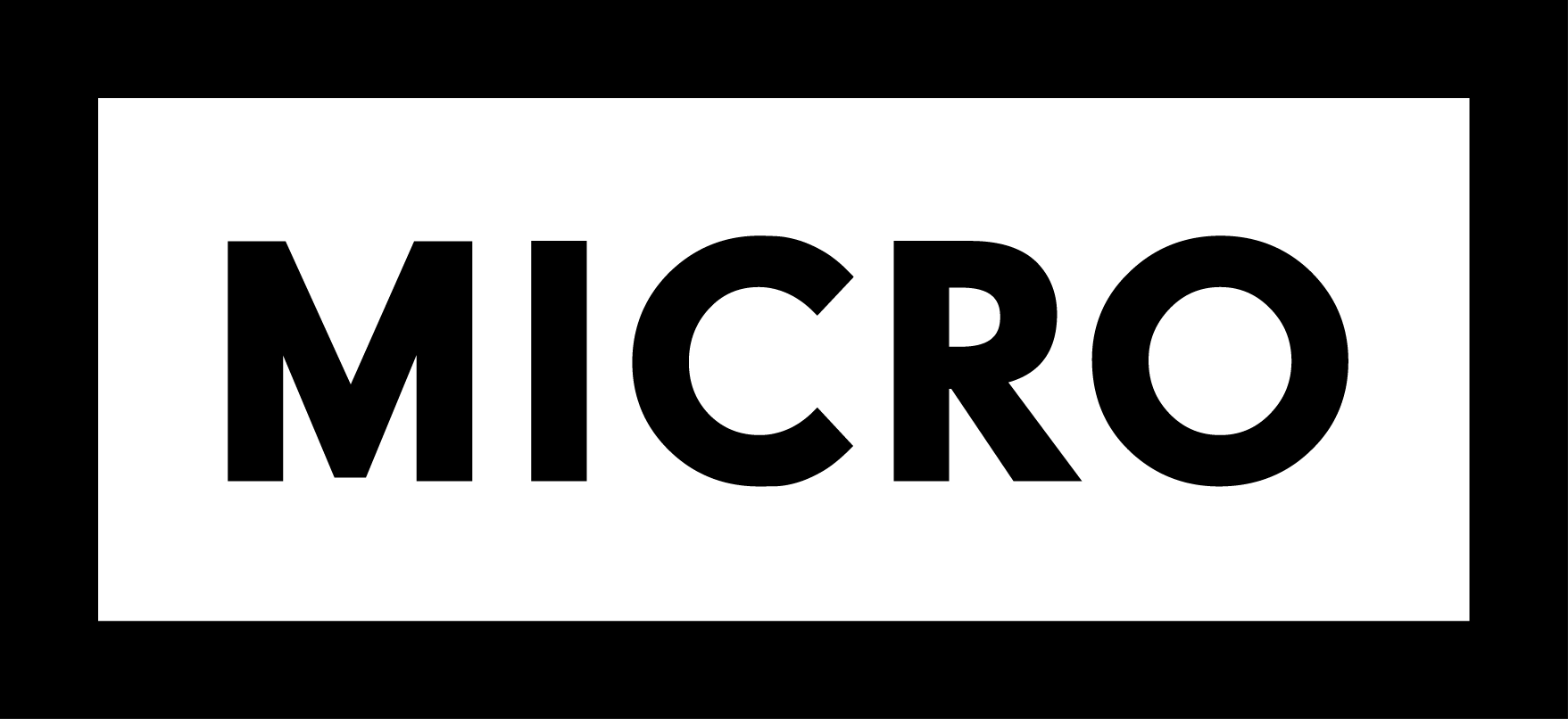We’re all sitting in a dark theatre. The nautilus doesn’t like the popcorn. The scallop blinks its hundreds of blue eyes, and sticks its proboscis in the cherry cola. We’re watching a film about life. The millennia flick past in pinpricks of light. The snail is trying to shoot love darts in the back row. Shhh, we say. Watch the film.
The opening credits roll, a raunchy montage through billions of years, each one of our ancestors making it through asteroids, ice ages, plagues, surviving long enough to have a child who, in turn, survives and breeds, in a miraculous unbroken chain.
By experimenting, adapting, and balancing our energy and needs, we become diverse, a planet exploding with life. The scallop grows its blue eyes, the octopus guards her teardrops, the squid rolls in the sparkling deep, the clam surfs the rich waves.
“Then,” says the narrator, with a clap of his tentacles, “this morning, the humans arrived. They flooded our homes! They melted our bodies! They put us in tanks, and ate us alive!”
The clam is staring, the mollusks are sniffing at the projector, sliming the seats, snapping their mantles. They don’t seem happy. On screen, the film is speeding up as if it’s on fast forward. Look! We just worked out how to dig up fossil fuels. The roads are being laid, the rivers dammed. There goes an atom bomb. (Oops).
This might be a good time to leave the movie theatre. Come out onto the street for a moment. Let’s have a chat.
The mollusks are upset because conditions on earth are changing one hundred times faster than they ever have. The levels of carbon dioxide in the oceans are so high that their shells can’t hold together anymore. They are beginning to dissolve. Around them, the metropolises of the reefs are bleaching and dying, the mega-highways of coral becoming empty.
In reality, we’re all in it together, us few survivors: human, kraken, snail and clam. Their deaths, and our lives, have been intimately linked since the beginning of time. We’ve shaped each other.
Go back inside, and apologize for what happened this morning. They’re waiting for you to work out what to do next. You don’t want to be alone when the lights go up.
Little things, big systems. Those bright blue swirls are tiny phytoplankton, the bottom of the oceans food chain, seen from space. Norman Kuring, NASA

